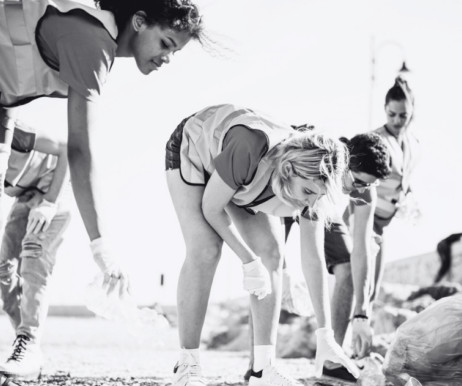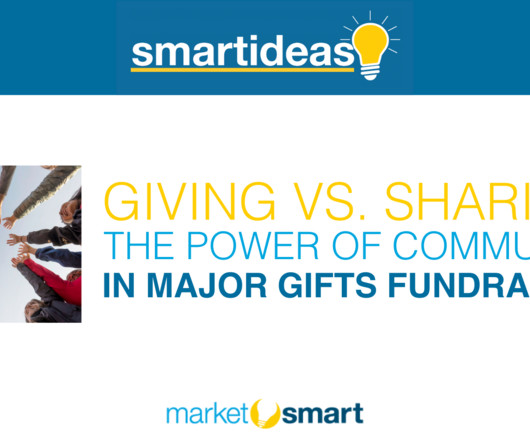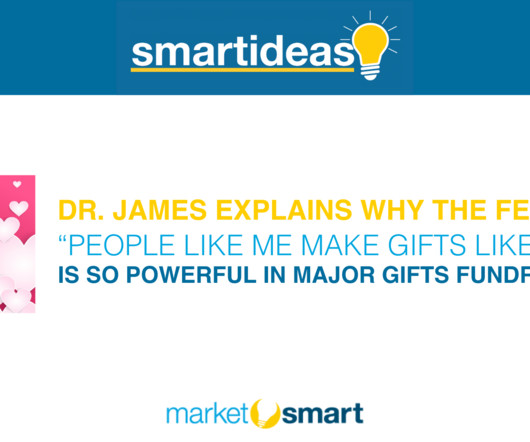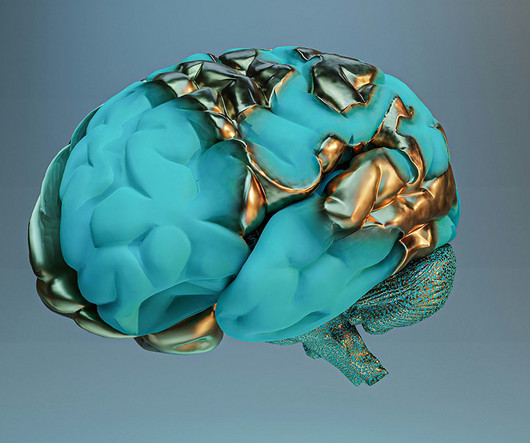The next generation seeks social change from the ground up. Fundraisers need to adapt
Candid
DECEMBER 3, 2024
This preference implies that they don’t want to merely be viewed as passive donors but as active participants in creating change. NextGen is a collaborative generation who wants to be a part of something greater than themselves, so it’s no surprise that giving circles pique their interest.











Let's personalize your content